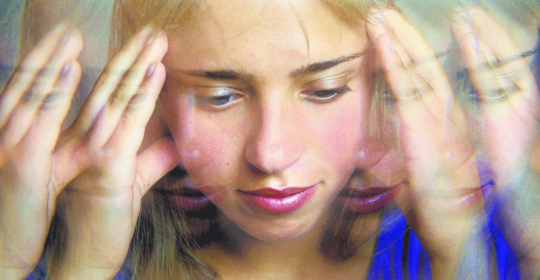
5 Facts about Vertigo causes
Vertigo or Dizziness is one of the most common neurological diseases which most affects elderly people but also appears to younger ones at any age.
Vertigo is characterized by an off-balance feeling and dizziness – a sense that you or your surroundings are moving and spinning. It is the feeling we probably get when looking down from the top of a tall building – some of which the highest do exist here in Dubai.
The essential Facts about Vertigo causes
The following composes the five essential facts about Vertigo causes to give a keen insight about the major reasons for this common neurological disease which is connected to the vestibular system in the ear, the organ of balance.
1. Head trauma: A violent blow on the head can cause damage to the inner ear. This may lead to balance problems like Vertigo or Dizziness, temporary or permanent.
2. Labyrinthitis: An inflammation of the inner ear structure called the labyrinth, caused by untreated bacterial infections of the middle ear. It can also cause loss of hearing.
3. Neuronitis: Vestibular Neuronitis is caused by an inflammation of the nerve to the semicircular canals, which helps control the balance. It is characterized by a sudden severe attack of vertigo, which lasts for seven to ten days.
4. Benign paroxysmal positional vertigo: This from of vertigo is caused by small crystals of calcium deposits in the ear canal that periodically become dislodged by specific head positions or movements. It is a very common form of vertigo.
5. Ménière’s disease: This disorder of the inner ear causes spontaneous episodes of vertigo along with fluctuating hearing loss. It is often attended by a Tinnitus (ringing in the ear) and a feeling of pressure or fullness in the ear.
Moreover Vertigo can be caused by changes in the parts of the brain that also do control the balance. However the causes of vertigo can be manifold and therefore it is imperative to determine the exact nature of all vertigo complaints. A neurologist, an ear nose and throat specialist and a cardiologist should be involved in the examination.
The neurologists at the German Neuroscience Center are specialized in Vertigo and Dizziness. Especially Professor Dr. med Koempf, a German genuine University Professor, disposes of extensive experience with vertigo and visual problems.
Only the correct diagnosis can lead to an effective therapy either by medication, by special physiotherapy or psychotherapy or a combination thereof.

